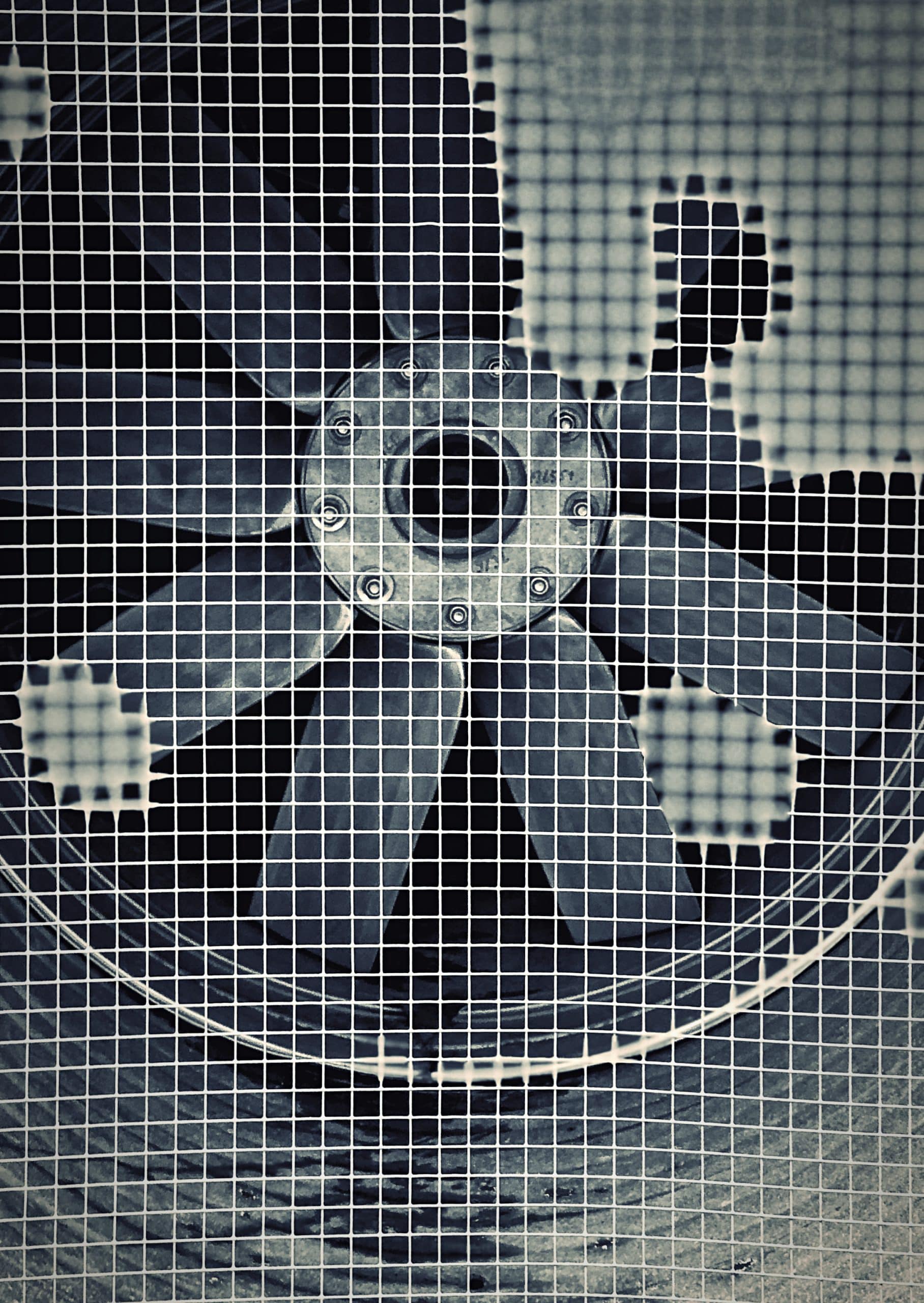Allergies are no stranger to many homes, posing significant challenges to occupants with sensitivities to dust, mold, and other common allergens. The quality of the air you breathe indoors can significantly affect your health, especially for those suffering from allergies and asthma. Fortunately, advancements in heating, ventilation, and air conditioning (HVAC) systems offer promising solutions to reduce indoor allergens. This article explores the best techniques to customize a home ventilation system for allergy sufferers, improving indoor air quality and ultimately, your health.
Understanding the Role of Indoor Air Quality in Affecting Allergies
Indoor air quality is a critical aspect of your home environment. It can either aid or aggravate allergy symptoms. Indoor air is often full of allergens, including dust, mold spores, pet dander, and pollen, all of which can trigger allergic reactions.
Lire également : What’s the Best Way to Build a Customized Child’s Bed with Integrated Storage?
Poor ventilation can exacerbate these issues, making the air stagnant and allowing allergens to accumulate. This accumulation can lead to an increase in allergy symptoms, including sneezing, runny nose, and itchy eyes. On the other hand, a well-maintained ventilation system can significantly improve the quality of air in your home, reducing the presence of allergens and helping to alleviate allergy symptoms.
HVAC systems play an instrumental role in controlling indoor air quality. As they manage the heating, cooling, and ventilation of your home, these systems can significantly reduce indoor allergens when appropriately maintained and customized for your specific needs.
A lire également : What Are the Eco-Friendly Insulation Alternatives for an Old Stone Cottage?
Importance of Regular HVAC System Maintenance
Regular HVAC maintenance is crucial in ensuring its efficiency and effectiveness in filtering allergens out of your home. Over time, dust and other allergens can accumulate within the HVAC system, significantly reducing its ability to filter out these allergens.
Regular maintenance such as cleaning and replacing the filters can prevent this accumulation, ensuring the system functions optimally. It is recommended to replace filters at least every three months, or as advised by the HVAC manufacturer.
In addition, have a professional HVAC technician inspect your system annually to ensure it’s working correctly. They can identify any potential issues, like leaks or mold growth, which could potentially worsen allergies.
Customizing Your HVAC System for Allergy Relief
In addition to regular maintenance, there are several customization options available to further enhance your HVAC system’s ability to reduce allergens in your home.
Firstly, consider upgrading to high-efficiency particulate air (HEPA) filters. These filters are designed to capture smaller particles, including most allergens, significantly improving the quality of indoor air.
Secondly, look into air purifiers. These devices can provide an extra layer of defense against allergens, particularly for those with severe allergies or asthma. They work by forcing air through filters that capture allergens, reducing their concentration in the air.
Lastly, consider installing a dehumidifier in your HVAC system. High humidity levels can encourage the growth of mold and dust mites, both of which are common allergens. Dehumidifiers reduce the level of humidity in your home, creating an environment less favorable for these allergens.
Controlling the Home Environment for Allergy Prevention
While customizing your HVAC system is an effective way to reduce indoor allergens, it’s important not to overlook the role of your home environment in allergy prevention.
Regularly cleaning your home can help to reduce the presence of allergens. Pay particular attention to areas where dust and pet dander can accumulate, such as carpets and upholstered furniture. Regularly washing bedding can also help to reduce dust mites.
Furthermore, consider using allergy-proof covers for mattresses and pillows, and if possible, replace carpets with hard flooring to reduce dust mites.
Your home environment also includes the outdoor air coming in, so try to keep windows closed during high pollen seasons. An air-to-air heat exchanger or energy recovery ventilator can bring in fresh outdoor air without introducing allergens.
Making the Right Choices for Your Health
The importance of a comfortable home environment cannot be overstated, especially for allergy sufferers. By understanding the role of indoor air quality in affecting allergies and taking proactive measures to customize your HVAC system, you can significantly mitigate allergy symptoms.
Remember, each home and individual is unique. What works best for one person might not work as well for another. It’s important to consider your specific allergy triggers and symptoms when customizing your HVAC system.
Investing in a well-maintained and customized HVAC system isn’t just about enhancing your home’s comfort. It’s about promoting better health for you and your loved ones. So make the right choices for your health, and breathe easier in your home.
Enhancing Indoor Air Quality with Smart Home Technologies
In today’s digital age, smart home technologies offer innovative solutions to enhance indoor air quality and provide comfort to allergy sufferers. Internet-connected devices such as smart thermostats, air purifiers, and humidity sensors can be integrated into your HVAC system to keep track of and adjust your home environment.
Smart thermostats, for instance, can regulate your home’s heating cooling systems, maintain optimum temperature levels, and reduce energy usage. They can be programmed to run your HVAC system during off-peak hours when the outdoor air is cleaner, further enhancing the indoor air quality.
Air purifiers equipped with HEPA filters can significantly reduce the concentration of allergens in the air. These smart purifiers can monitor the air quality in real time and adjust their settings accordingly. They can trap small particles like dust mites, pet dander, and mold spores, making the air cleaner and safer for allergy sufferers.
Humidity sensors or smart dehumidifiers can maintain humidity levels within the recommended range of 30-50%. They prevent the growth of mold and dust mites, which thrive in high humidity. By monitoring and controlling humidity levels, these devices create an environment less conducive to allergens.
Smart home technologies offer convenience as they can be controlled remotely using smartphones. They provide real-time data about your indoor air quality, allowing you to take immediate action when necessary. However, as with any technology, it’s essential to use these devices responsibly and in line with manufacturer guidelines to ensure their effectiveness and longevity.
Conclusion: Breathing Easy with a Customized Home Ventilation System
Living with allergies can be challenging but advances in HVAC technologies and increased awareness about the role of indoor air quality in affecting allergies have brought about promising solutions. By understanding how allergens affect the indoor environment and taking proactive steps to customize the ventilation system, allergy sufferers can significantly improve their quality of life.
Regular maintenance of your HVAC system, the use of HEPA filters, air purifiers, and dehumidifiers, alongside the control of your home environment, can greatly reduce allergens. The addition of smart home technologies can further enhance indoor air quality, offering real-time monitoring and control of your home environment.
It’s important to remember that each individual and home is unique. The best approach to reducing allergy symptoms will depend on your specific allergy triggers and the specific needs of your home. Consulting with a HVAC professional can be beneficial in making informed decisions about customizing your ventilation system.
In the end, investing in a well-maintained and customized HVAC system has the potential to greatly enhance your home’s comfort and promote better health. By making the right choices for your health, you can breathe easy and live comfortably in your home. After all, nothing beats the feeling of taking a deep breath of fresh air in your own home.











